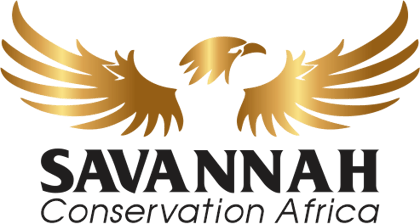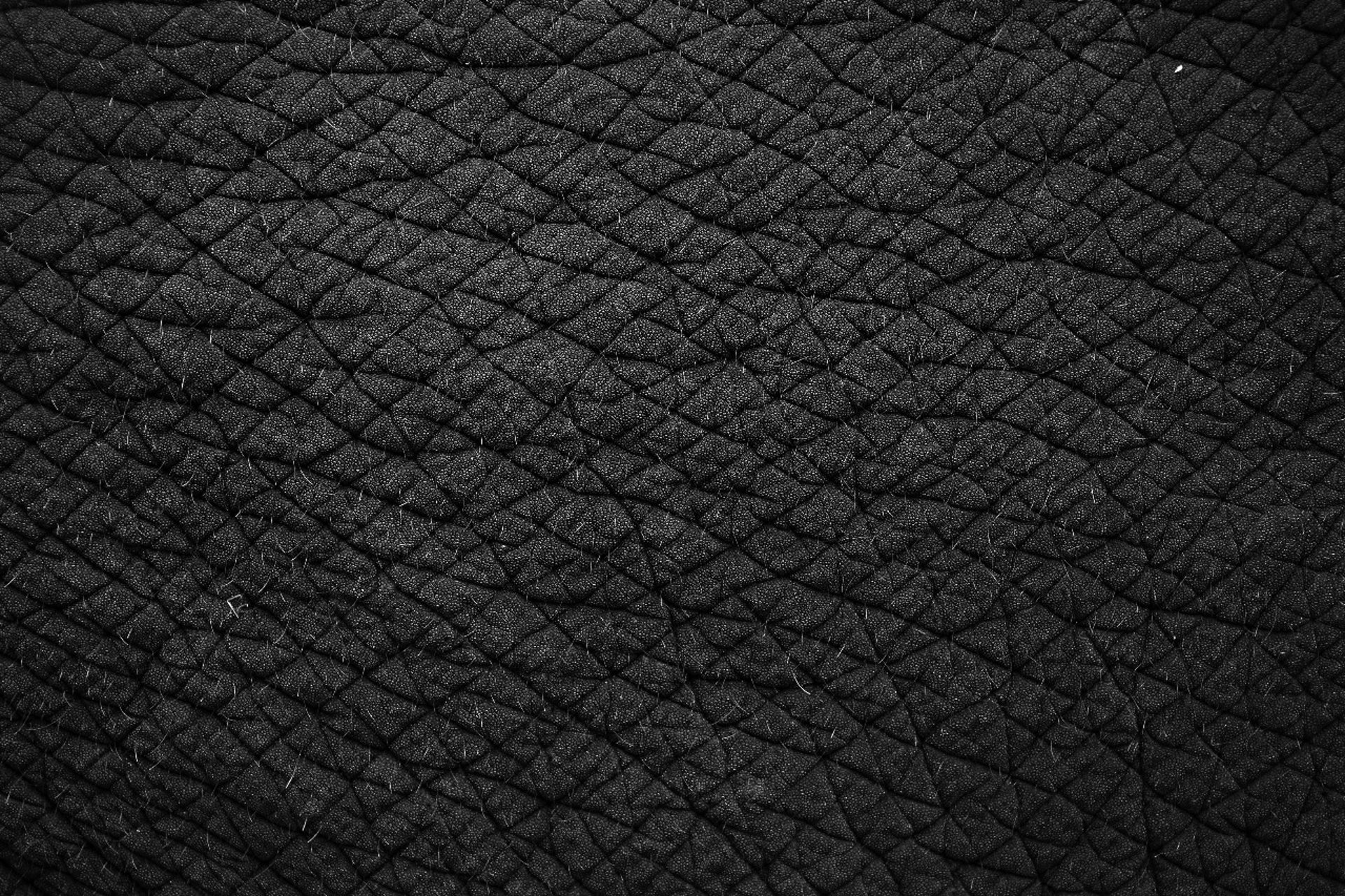
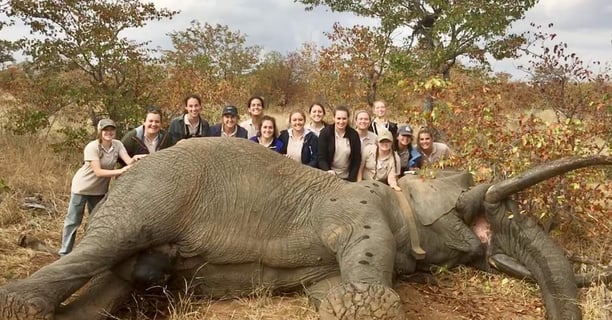

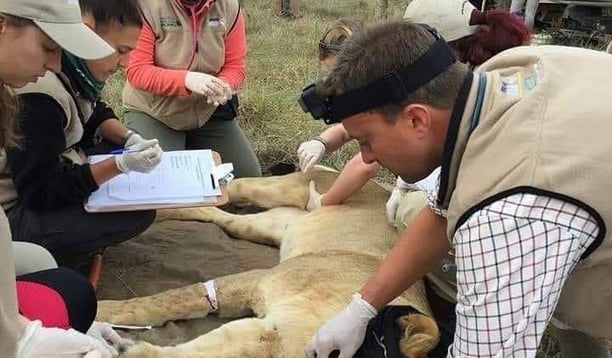

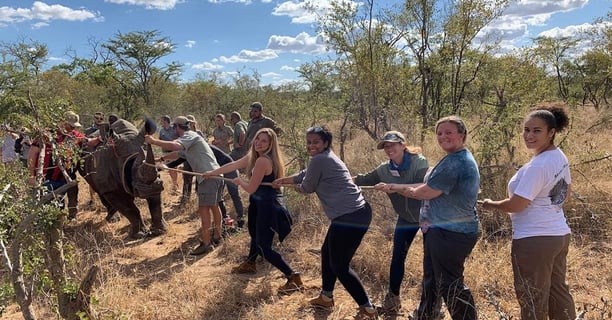

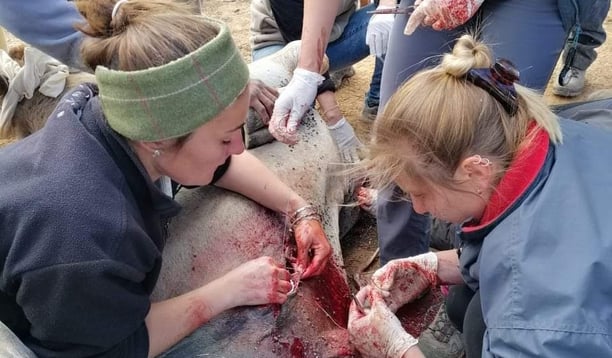

Wildlife Veterinary Experience Program
Conservation Through Medicine
Savanna Conservation Africa invites international veterinary students, nature-enthusiast nurses, and medical professionals to participate in our Wildlife Veterinary Research Practical Experience Program. Designed to bridge academic knowledge and field application, this immersive program offers hands-on engagement with Africa’s iconic wildlife and livestock at the critical interface of conservation medicine, public health, and biodiversity stewardship.
The program is structured in three duration options—3 weeks (120 hours), 6 weeks (240 hours), and 12 weeks (480 hours)—allowing participants to choose a level of involvement aligned with their academic or professional schedules.
Program Overview
The Wildlife Veterinary Research Practical Experience Program provides students with unique exposure to practical wildlife medicine and livestock health management in diverse ecosystems across our operational landscapes. Participants will work alongside experienced wildlife veterinarians, researchers, and scientific tourism partners, gaining firsthand knowledge in:
Chemical immobilization of wildlife using dart guns under controlled and supervised conditions.
Game capture and translocation of species for conservation or research purposes.
Blood collection and sampling for laboratory diagnostics, health monitoring, and disease profiling.
Genetic profiling, immunizations, and treatment of wounds in both large and small game.
Radio-collaring and microchipping of valuable species and ambassador individuals for population tracking and research.
Modern mobile veterinary laboratories will be deployed in specific operations, enabling advanced diagnostic support in remote research centers and outposts.
Scientific Training & Lecture Sessions
Participants will benefit from structured lecture room sessions led by experienced veterinarians and conservation professionals. These sessions will include:
Wildlife physiology and chemical restraint principles.
Game capture techniques
Chemical Immobilization.
Translocation and capture myopathy
Diagnostic techniques including blood screening for corridor diseases (such as East Coast Fever and Foot-and-Mouth Disease).
Zoonotic disease monitoring, transmission dynamics, and response protocols.
Biosecurity planning, disease control strategies, and buffer zone implementation.
Livestock and wildlife interface management for One Health outcomes.
Livestock Health Management
Understanding the connection between wildlife and livestock health is crucial in African ecosystems. The program includes extensive livestock handling and veterinary procedures in rural and semi-wild settings:
Vaccination campaigns against endemic diseases.
Dipping, dehorning, dosing, and deworming programs.
Blood sampling and disease surveillance.
Fertility test and artificial Insemination programs.
Implementation of branding and ear tagging systems for individual identification and data tracking.
Design and deployment of birth-to-death registry systems to strengthen traceability and regional biosecurity standards.
These efforts not only benefit livestock production and local economies but also mitigate zoonotic disease risks and protect fragile wildlife populations from spill-over infections.
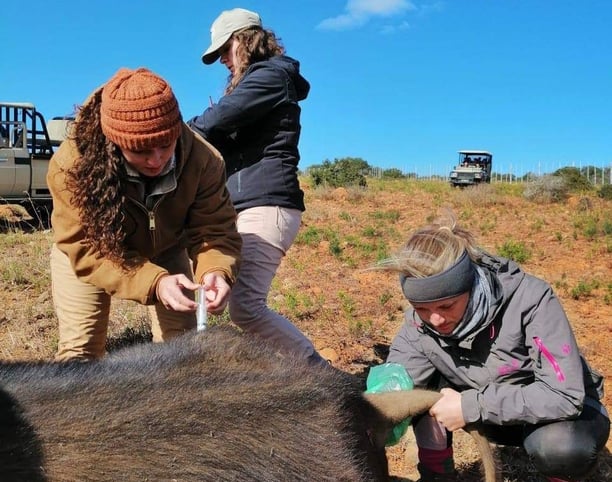

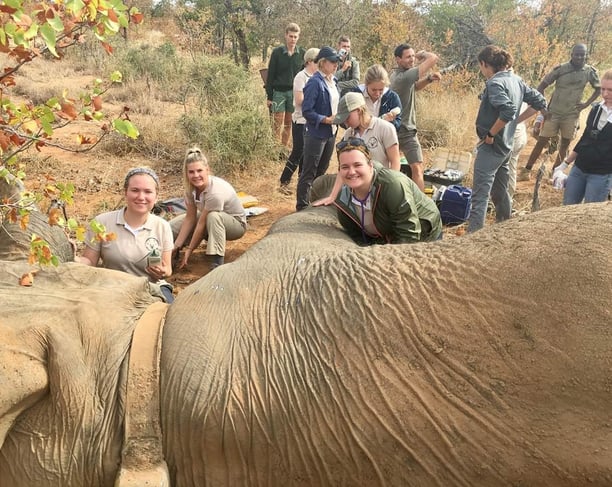

Research and Conservation Outcomes
Students will actively contribute to scientific research and data collection that inform regional conservation strategies, veterinary best practices, and sustainable wildlife-livestock coexistence. Ongoing initiatives include:
Development of genetic and health databases for endangered species.
Implementation of corridor disease buffer zones to manage cross-species disease transmission.
Community education on livestock-wildlife health dynamics and sustainable land use practices.
Strengthening regional and national biosecurity frameworks through field-based veterinary action.
Program Benefits
Intensive, hands-on veterinary training in real-world African field conditions.
Gain from 120 hours to 480 hours of practical experience.
Broad base experience on diverse species of wildlife and livestock.
Travel and sight seeing excursions during weekends.
Access to state-of-the-art mobile laboratories and diagnostic facilities.
Direct mentorship from highly experienced wildlife and livestock veterinarians.
Contribution to conservation-based scientific tourism and research.
Cross-cultural engagement with host communities, supporting grassroots animal health programs.
Deployment & Partnerships
Participants will be deployed across Savanna Conservation Africa’s operational countries and partnered scientific tourism operators. Locations vary by season and conservation needs, but all provide exceptional exposure to the realities of field-based veterinary conservation and community-based livestock programs.
For students, healthcare professionals, and researchers passionate about making a difference at the nexus of wildlife conservation, veterinary science, and One Health, this program is a transformative opportunity to learn, contribute, and lead.
Apply Now and be part of Africa’s next generation of conservation health champions.
Learn. Contribute. Conserve
Apply Now- Application Form
Email - veterinary@savannaconservationafrica.com
Tell- +31630911466
Download our Brochure
